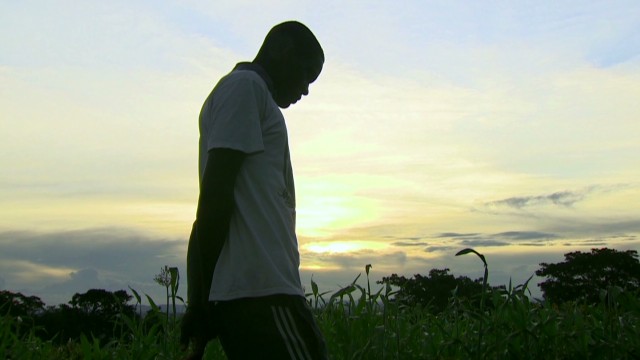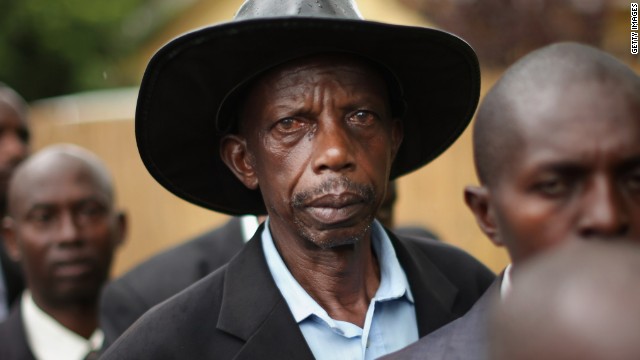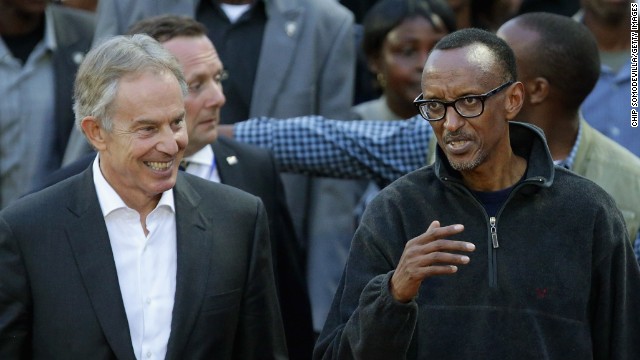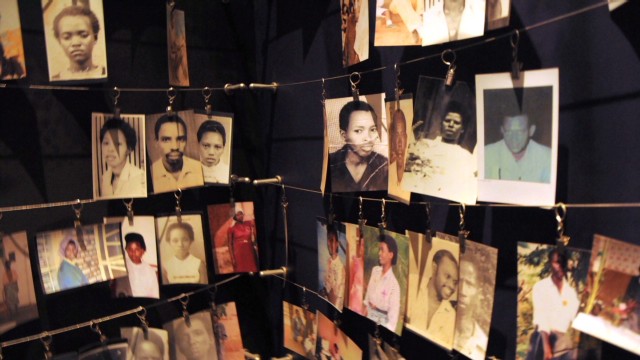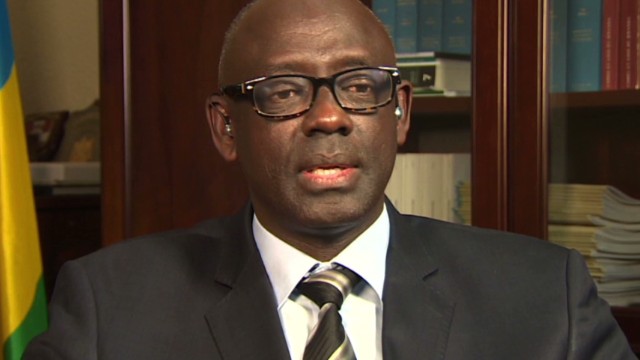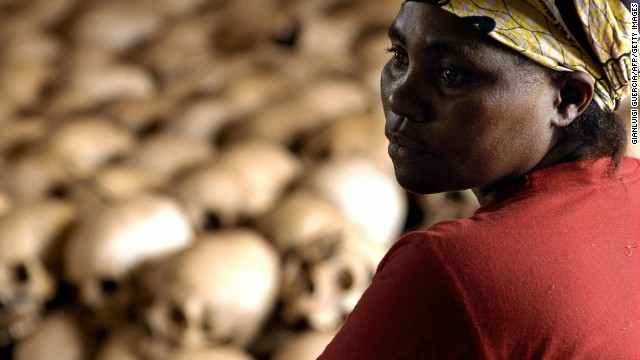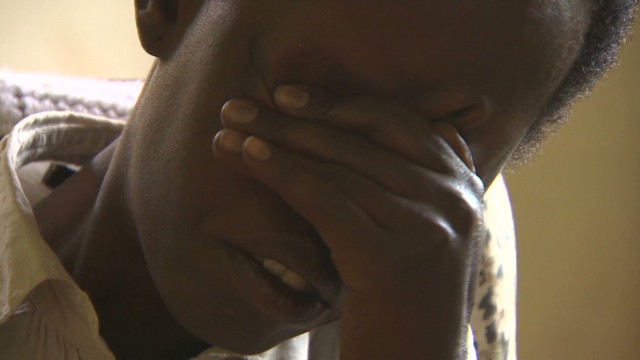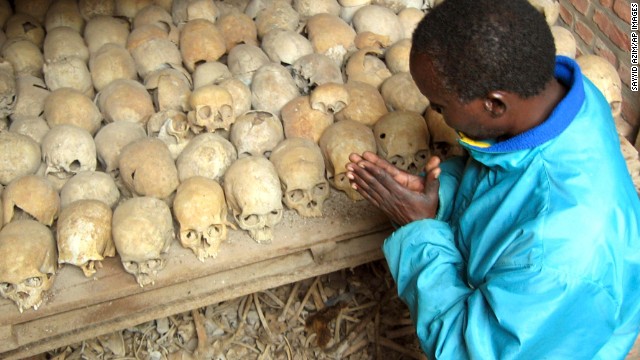Story highlights
- Hundreds of thousands of Rwandans died during the brutal ethnic genocide
- The victims: Tutsis and moderate Hutus
- The killers: Hutu militia members
- Now, relatives of victims and perpetrators alike search for closure
Twenty years on from the 100 days of the Rwandan genocide, and many here are still in search of closure.
In April 1994 hundreds of thousands of Tutsis and moderate Hutus were murdered by Hutu militias.
The Rwandan government has asked that this be a time of reflection and unity, through forgiveness and reconciliation. But for many Rwandans the reality of what it actually takes to forgive is one they struggle with every day.
Niyonsenga Erick Rafiki is 24 years old. His memories of his father, he says, have grown hazy with time.
"The night he was killed I don't really remember that since I can't even remember where I was," says Rafiki. "But after the genocide had ended, I started following up on stories that were informing me on how he died that night."
Rafiki's search for answers eventually brought him face-to-face with his father's killers, and a day he says he feels he's waited all his life for.
His father's killers have promised to help him find the body.
"I never had a chance to bury my parent as his child in a decent way and I didn't how he was killed, didn't even know how he was buried. This became a burden in my heart," Rafiki tells CNN.
As Rafiki talks, a little distance away Sekamana Musa and two other man are digging, Musa served 10 years in prison for his crimes during the genocide, among them the murder of Rafiki's father.
The locale is where, Musa believes, the body was buried 20 years ago. For victim and perpetrator, coming together to finally bury with dignity those who died has become an act of penance.
"I confessed and told the truth of what happened so I was released from prison -- when I came out I found the people we had committed crimes against," Musa said. "Be it the mother of this boy and the boy himself. Even though I was scared, they also got scared to see me. I managed to get close to them though, through other people that helped me to get a better way of reaching them. And it happened slowly by slowly."
"We came together saying these hands we are using are for all Rwandans -- because these hands destroyed the country, we have to use them to rebuild it."
Across Rwanda thousands of "genocidaires" as they're called are still in custody.
Those found guilty of involvement in the genocide can only be released by presidential pardon. The last was seven years ago, when 8,000 were released back in to their communities.
In Nyarugenge Prison 54-year-old Nyirandegeya Mwamini waits to hear whether she will be among those set free.
Mwamini was part of the Interahamwe militia, the Hutu militia intent on wiping out all trace of the Tutsis
As she remembers the horrors she inflicted 20 years ago, even she is unable to explain how it happened.
"I am not proud of it. The people I lived with and the people I worked with could never understand why I became an Interahamwe, a killer ... Every time I think about it, I am crying always."
Her one hope, she says, is that one day she, too, will be able to eventually seek out those she wronged and play a role in her nation's healing.
"The genocide will never fade out -- even to killers or those who participated, like us, that picture, where (the) international community has seen you as a killer -- can never go away from you easily, and just say it is over," says Mwamini. "But my hope is not for me -- it is for my children and those who are linked to me, that they can never be part of what I went through."
As the sun begins to set Rafiki and his father's killers are still digging and still hoping.
Giving up, Rafiki says, is not an option.
"I will continue looking for him until I find him. Whenever they tell me that they suspect where he might be -- I will use all means possible to find him."
And when he does, Musa will be right by his side, hoping to finally make amends for the horrors he inflicted all those years ago.
